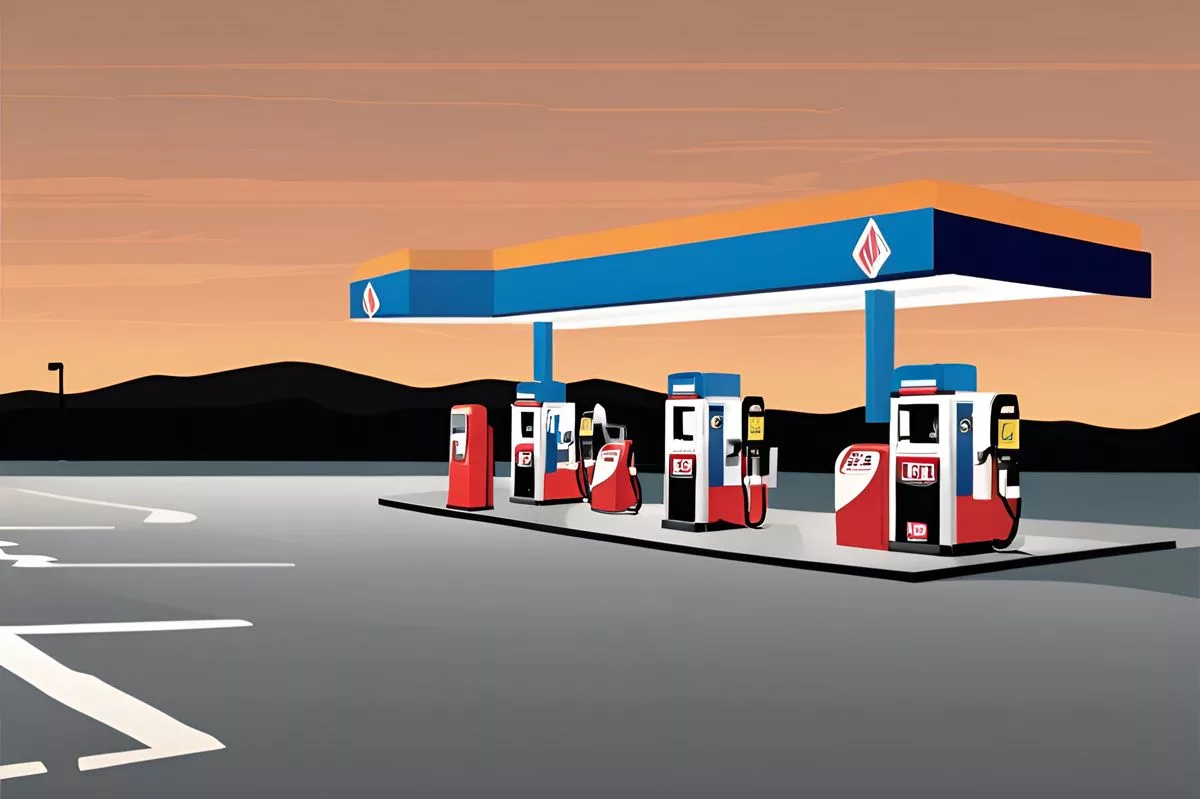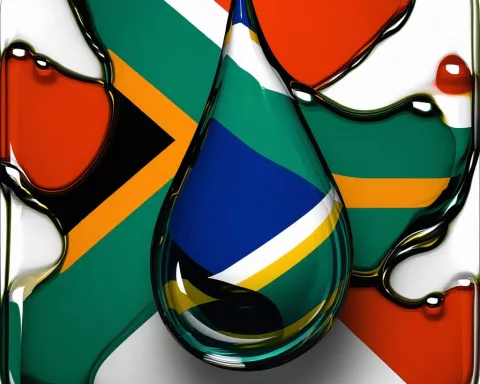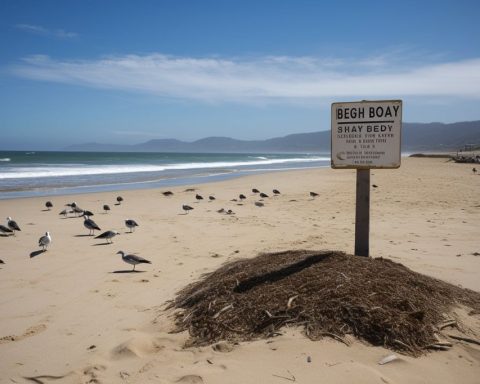Several prominent corporations, including Saudi Aramco, Abu Dhabi National Oil, and Trafigura, are competing for the purchase of Shell’s South African service stations, which are worth nearly a billion dollars. This intense competition reflects a wider trend among trading companies, who are investing in oil’s downstream businesses due to declining cargo trading margins. The acquisition of retailers holds a strategic advantage, ensuring a steady demand for their fuels. The outcome of this contest will shape South Africa’s petroleum retail sector, highlighting the dynamic nature of the global petroleum industry.
The competition for the purchase of Shell’s South African service stations is underway, involving prominent corporations like Saudi Aramco, Abu Dhabi National Oil, and Trafigura. The stakes are high, with Shell’s downstream unit holding a value nearing a billion dollars. This intense competition can be viewed in light of past industry movements, where trading companies are investing in oil’s downstream businesses to compensate for declining cargo trading margins. The prospective acquisition of retailers holds a strategic advantage, guaranteeing a steady demand for their fuels.
Giants in the Game
In the cut-throat world of petroleum trading and retail services, a ruthless competition is underway for the purchase of [Shell’s South African service stations](https://capetown.today/discovering-cape-town-the-latest-happenings-in-the-mother-city/). Prominent corporations like Saudi Aramco, Abu Dhabi National Oil, and Trafigura are jockeying for a foothold in this profitable enterprise. Notably, this competition is not limited to international players. South Africa’s Central Energy Fund, the proprietor of PetroSA, is also a part of this fierce competition, as are Sasol and Oman’s OQ Trading.
The stakes are high in this contest. Shell’s South African downstream unit, which extends to trading and fuel supply sectors, holds a value nearing a billion dollars as per unnamed sources. Boasting an extensive network of 600 service stations scattered throughout South Africa, a statistic sourced from the company’s official site, the acquisition of this unit is a substantial prize. Shell’s engagement with respected financial advisor Rothschild & Co. in this sales negotiation suggests a thorough and methodical bidding process. It is expected that a final list of bidders will be shortlisted soon, with concrete proposals anticipated by December.
Despite the high stakes in this contest, Shell’s divestment strategy is characterized by its reticence. No formal announcements regarding the ongoing sale have been released. Similarly, Rothschild is also maintaining silence on the matter. The competing corporations, including Aramco, Adnoc, Central Energy Fund, OQ Trading, Sasol, and Trafigura, have also stayed away from public discussions. The inherent unpredictability of the bidding procedure could lead to alliances in offers or potential dropouts from the competition.
Past and Present: Industry Analysis
This intense competition over Shell’s service stations can be viewed in light of past industry movements. Last year, Trafigura and Sasol were involved in a contest for control over Engen, South Africa’s leading gas station chain. The battle ended with the Vitol Group’s retail division, Vivo Energy Group, emerging victorious and consequently merging with Engen. This fusion resulted in a comprehensive service station and storage enterprise, spanning more than two dozen countries.
The ongoing scramble for Shell’s assets is indicative of a wider market trend where trading companies are pumping money into oil’s downstream businesses to compensate for the declining cargo trading margins. Trafigura’s Puma Energy division is a testament to this approach, already functioning as one of Africa’s largest retail fuel suppliers.
Strategic Benefits and Future Visions
The prospective acquisition of retailers by oil producers and trading corporations holds a strategic advantage: it guarantees a steady demand for their fuels. Adnoc in the United Arab Emirates (UAE) and Saudi Arabia’s Aramco exemplify this strategy, as both have been broadening their trading operations to infiltrate new markets. The recent global deal-making activities of these corporations, including contracts for liquefied natural gas supply and stakes or options on export terminals, bear witness to this expansionist vision.
The final result of the bid for Shell’s service stations is yet to be determined, and it will undoubtedly influence the structure of South Africa’s petroleum retail sector. Regardless of who comes out on top, the developments thus far illustrate a dynamic industry characterized by strategic investments, international rivalry, and business growth. The narrative of the petroleum sector continues to evolve with each business strategy, merger, and acquisition, painting a vivid picture of worldwide trade in motion.
What is the competition for the purchase of Shell’s South African service stations?
Several prominent corporations, including Saudi Aramco, Abu Dhabi National Oil, and Trafigura, are competing for the purchase of Shell’s South African service stations, which are worth nearly a billion dollars.
Why are trading companies investing in oil’s downstream businesses?
Trading companies are investing in oil’s downstream businesses due to declining cargo trading margins.
Who else is involved in the competition besides international players?
South Africa’s Central Energy Fund, the proprietor of PetroSA, is also a part of this fierce competition, as are Sasol and Oman’s OQ Trading.
How many service stations does Shell have in South Africa?
Shell boasts an extensive network of 600 service stations scattered throughout South Africa.
What is the expected timeline for the bidding process?
A final list of bidders will be shortlisted soon, with concrete proposals anticipated by December.
What is the strategic advantage of acquiring retailers for oil producers and trading corporations?
The prospective acquisition of retailers by oil producers and trading corporations holds a strategic advantage: it guarantees a steady demand for their fuels.












